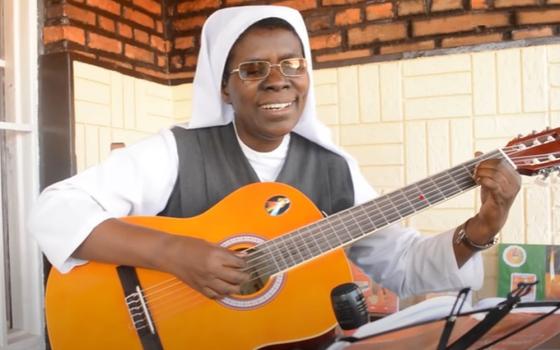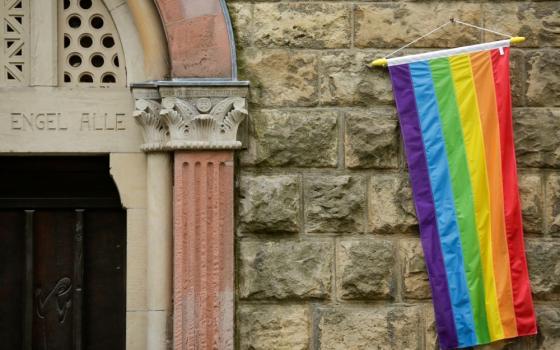The death of Chick-fil-A's founder days ago brought to mind journalism's habitual neglect of the religious side of the deceased. S. Truett Cathy's obituaries at first seemed to be an exception to the rule. His public opposition to same sex marriage was duly highlighted as was his support of conservative family values causes. And they noted that he was a Baptist who stopped purveying chicken on Sundays to honor the Christian Sabbath.
So what more could we ask for? Some would say nothing but others like myself are curious about where he involved himself in his church and in his denomination. Death notices usually and understandably underscore how the subject's life intersected with politics or other aspects of civic life. Clearly Mr. Cathy's attack on same sex everything entitled him to that kind of mention. But where did he place his time and energies within his congregation or among lay leaders and movements within the church? Not everyone's pulse quickens at such information, but those personal commitments often occupy a major place in that person's life. If he had been a mover and shaker in legal societies or wilderness camping there's a good chance that would capture attention. Somehow religious involvement is thought to be either insignificant or strictly private like one's membership in a massage parlor.
The poster child for this kind of blind spot was the tome written at the death of Eisenhower's Secretary of State, John Foster Dulles. Nowhere in the picture was anything like adequate recognition of his extraordinary contribution of energies and resources to his Presbyterian roots. Few of those on that level of public notice may have that kind of commitment but even in the throes of secular leanings many lesser known figures give much of themselves to religious leadership in churches, mosques, synagogues and ashrams. Unless that affiliation directly interacts with public policy, however, it goes virtually unnoticed or, worse, faintly patronized. So and so was "Protestant" or "involved in Jewish causes."
Clearly this doesn't apply to leaders of religious establishments, clergy or religious activists whose vocations are religious (including the late son of John Foster, Cardinal Avery Dulles). Presumably, their religious biography is their biography so that settles that. Or if a member of the laity such as Mr. Cathy financed a major building or project, a role that skirts public interest.
Otherwise, the exclusion of one's religious life is increasingly the standard treatment, not out of malice but from the assumption that it's too inscrutable or private to include in an obituary. After all, nobody seems to be complaining.




